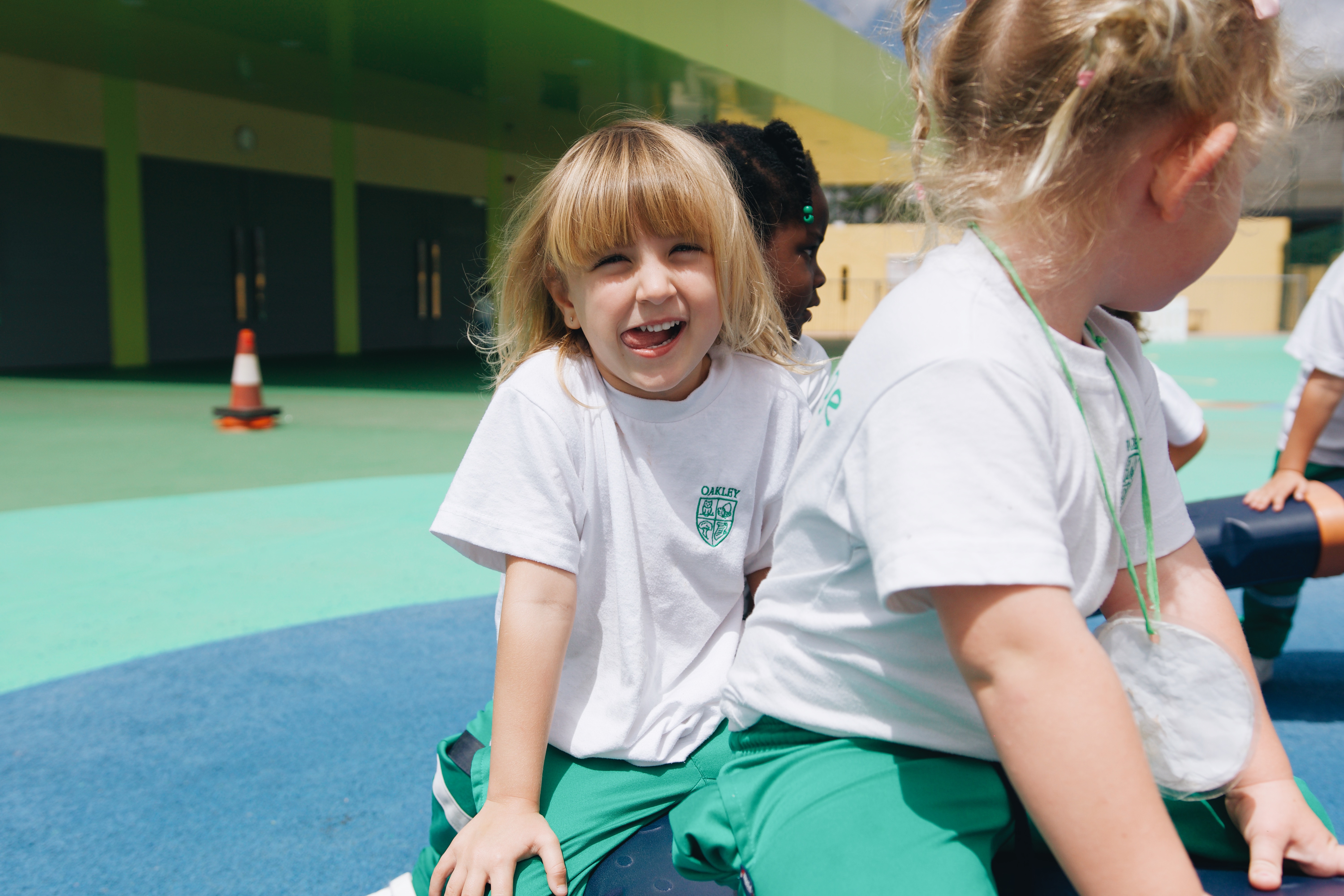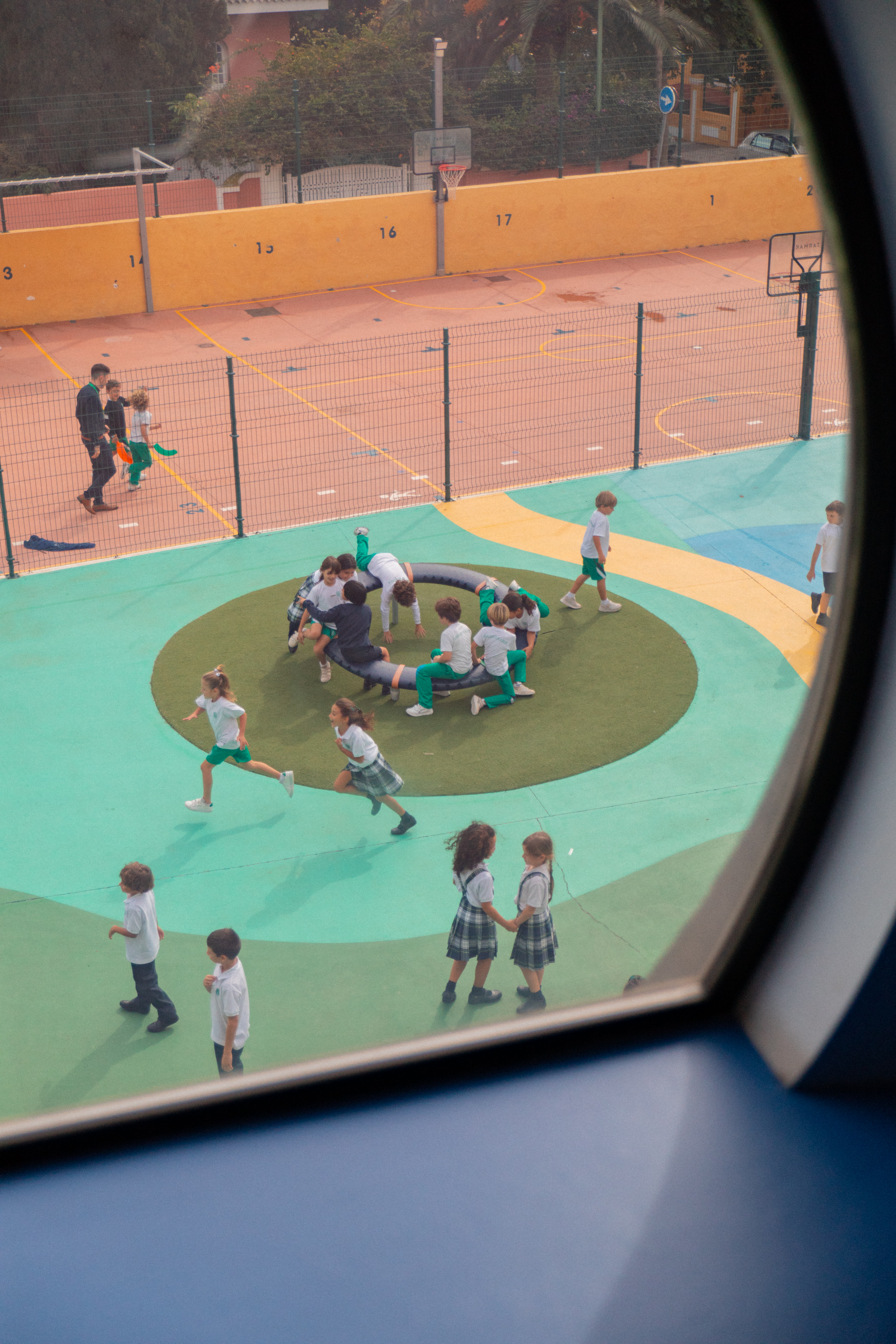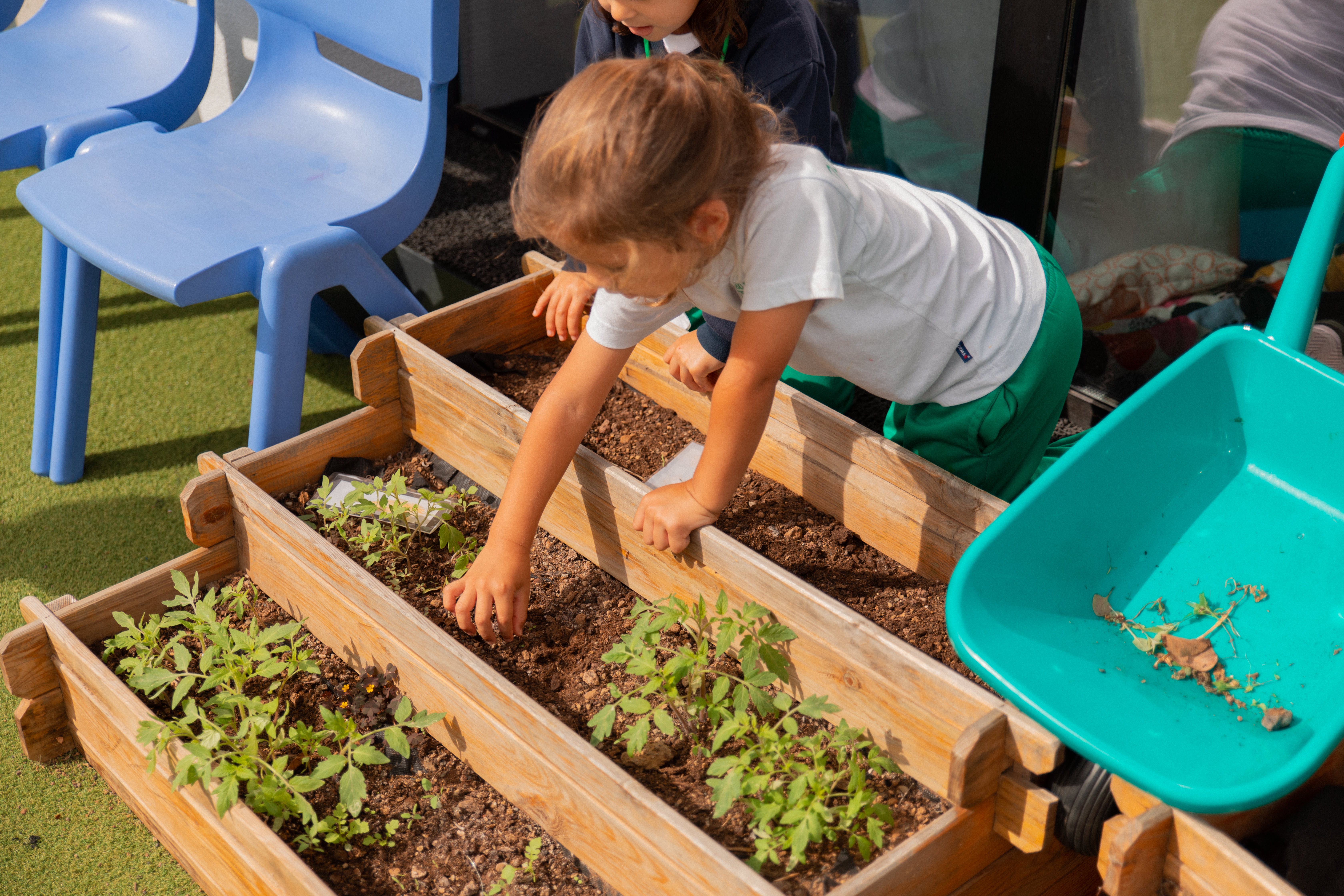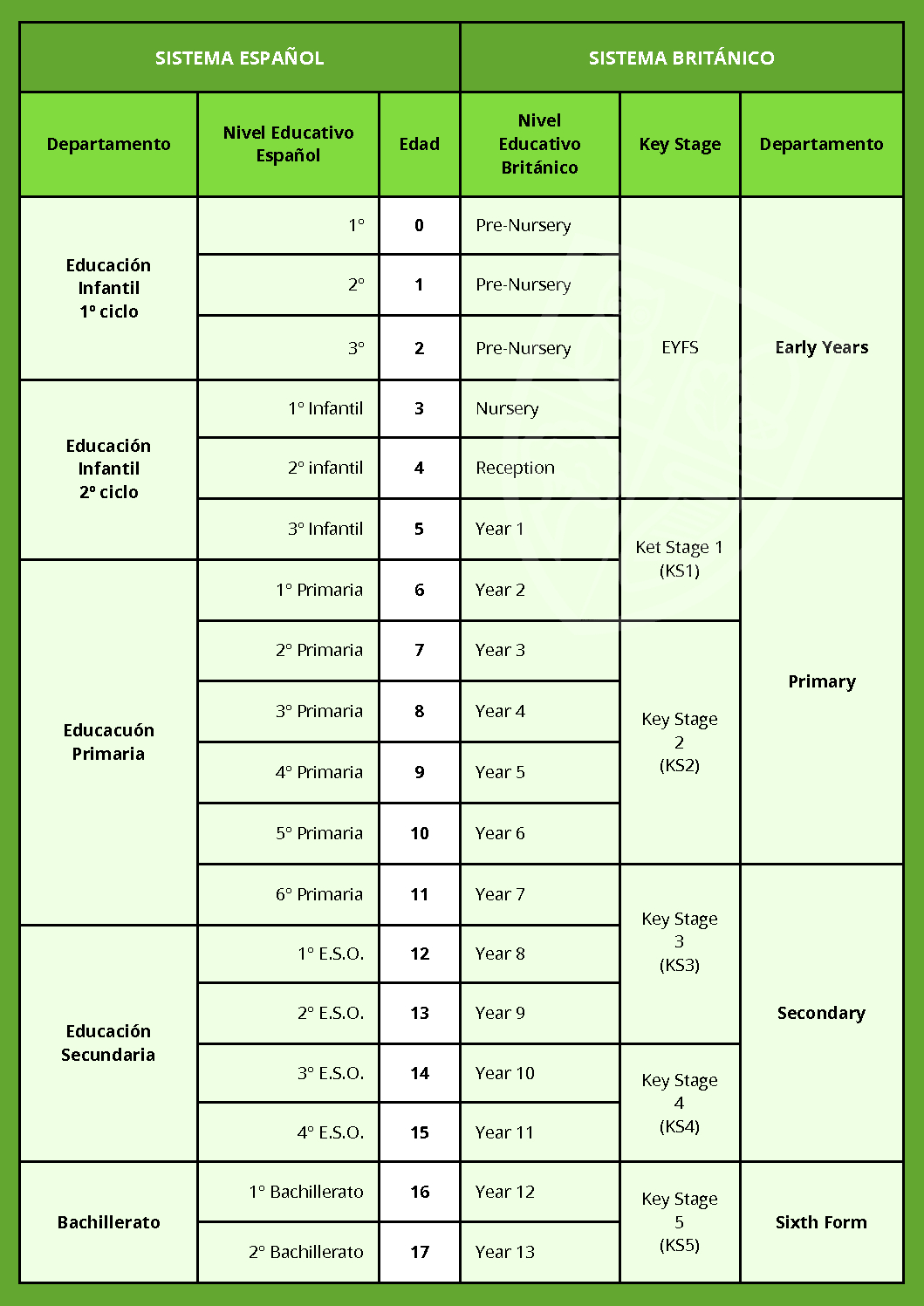Early Years (2-4 years old)
Welcome to our Early Years department at Oakley College! We aim to introduce families to the benefits of the British Educational system from age two. Emphasising the development of essential skills, fostering creativity and nurturing their learning, our play based learning is focused on making our students enjoy learning.






